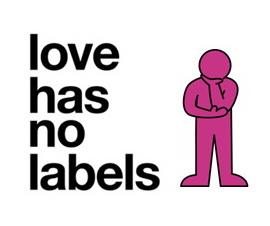 Chris
McDonnell, UK
Chris
McDonnell, UKchristymac733@gmail.com
 Chris
McDonnell, UK
Chris
McDonnell, UK
christymac733@gmail.com
Previous articles by Chris Comments welcome here
May 9, 2018
"Is everyone else alright?"

We have a fascination with final words. Their utterance is regarded
as having a degree of significance. In the few moments after being shot in
June 1968. Robert F. Kennedy, whispered to his wife 'Is
everyone else alright?' He never regained consciousness and died in
hospital early the next day.
As a memorial to a just man, anxious for a better society, they stand
comparison with any final phrase. Others before self, concern and care
beyond selfish need. An early labelling of followers of Jesus the Nazarene
came from Tertullian who reported that the Romans would exclaim, “See
how they love one another!”
They were recognised by an action rather than a formula of words. In
subsequent centuries that reputation has often been tainted by
disagreement and conflict. Yet, in spite of all, scattered groups have
maintained that principle of love and have shown it
to others in their lives and generosity. It is an example that we
need to return to time and again, for it is there that we find a still
point in a turning world.
We wear lapel badges of loyalty, small markers that say something to
others about us, who we are, what are the core-values that we hold
important. I still remember as a teenager in South London calling into the
local library one Saturday morning. When it came to the time of having my
books stamped, I was asked by the librarian if the small enamel cross in
my coat was anything to do with the Catholic Church-it was a KBS badge,
often seen in the 50s. It turned out that he was under instruction after
having started preparing for the Methodist ministry. Our friendship lasted
over some years. I was privileged attend
his Reception some months after we first met.
Concern for others is a generosity that carries with it a cost, both
in time and energy. It is that
generosity that is evident in the Benedictine rule of hospitality to the
visitor. One morning, back in the 90s, I called at the door of the local
Benedictine Abbey and there I waited.
'I did not see the bell, that in some dark
distant
space concealed, responded to the button
by the wooden door, rung well.
Nor did I know at that instant what work was set
aside by the sudden call to service, as silently
gathering herself she moved with measured haste
until the inner latch was raised and greeting
this
June hot morning with a smile, her small,
black-wrapped
figure opened the outer door answering my call.'
Offering help, asking if everyone is alright, often involves a degree
of inconvenience to those who respond. It can mean setting aside what is
important to us, detail set in our diary for the day, and
turning to the needs of another.
=====